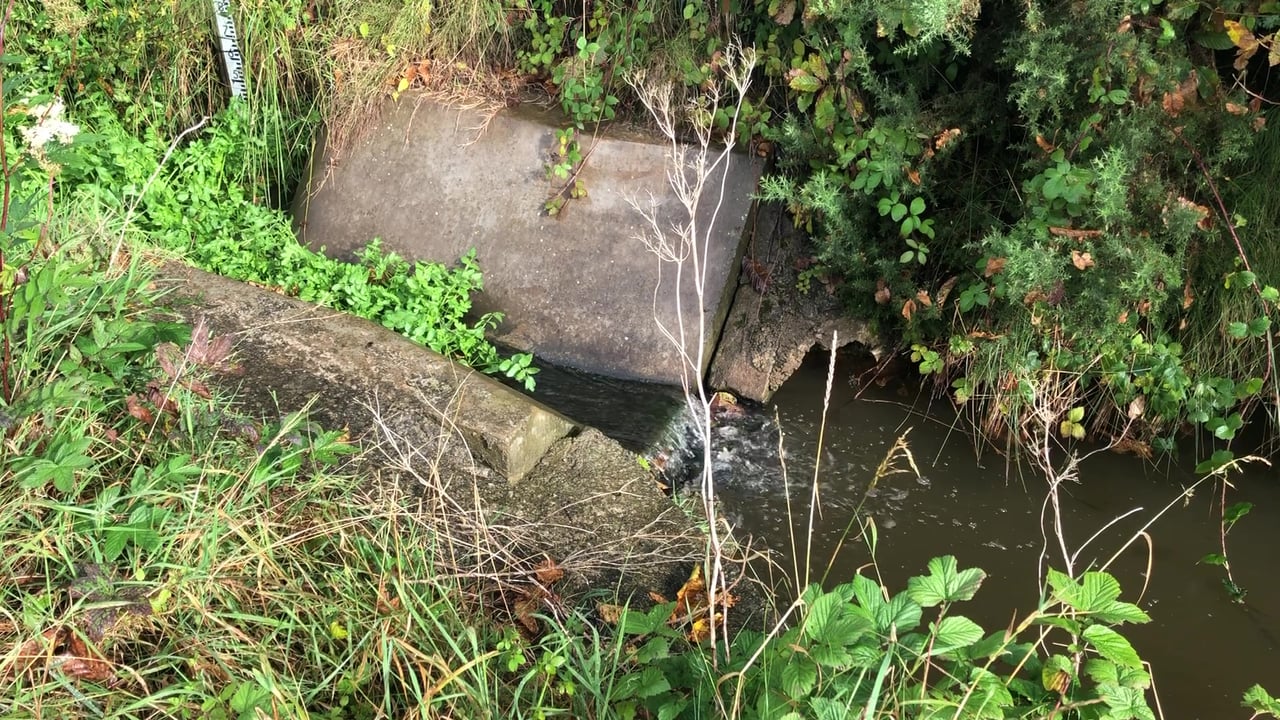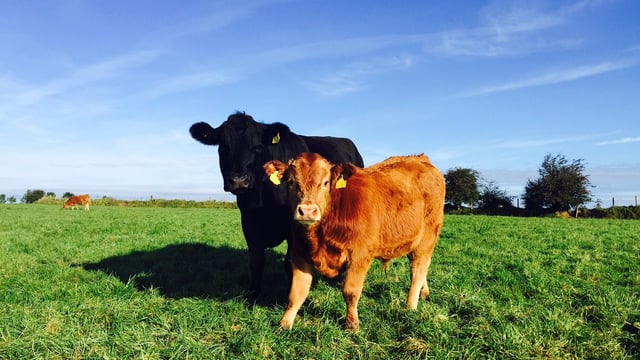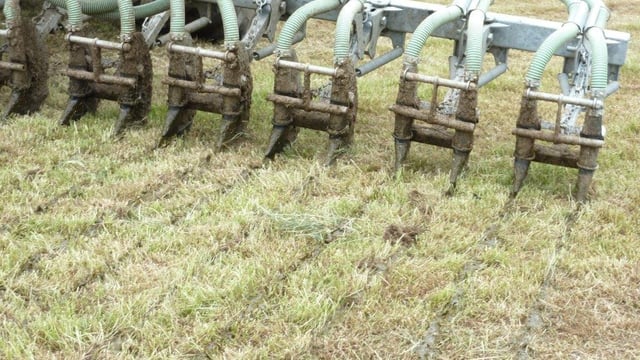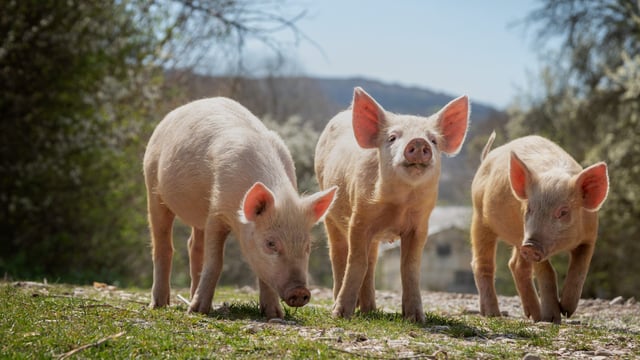Protecting water quality on farms through careful planning of roadways
Managing farm roadways to protect water quality is being discussed as part of the Teagasc Water Quality Week – which is taking place this week – as part of the Agricultural Sustainability Support and Advisory Programme (ASSAP).
Padraig Fitzgerald, a Teagasc advisor, spoke about the new nitrates rules which have came into effect on January 1 of this year, and also offered some advice to farmers who are constructing roadways near streams / rivers.
Padraig said: “Farm roadways are an essential piece of infrastructure on most livestock farms and in particular dairy farms. Under new nitrates regulations, there shall be no direct runoff of soiled water from farm roadways to waters from January 1, 2021.”
New Nitrates Rules as of January 1 2021
Speaking about the new nitrates regulations which came into effect at the start of this year, Padraig said: “Roadways help farmers in achieving high animal performance from pasture-based systems by aiding grassland management.
“Under new nitrates rules that have come into effect, there shall be no direct runoff of soiled water from farm roadways to waters from January 1, 2021.
“The aim of the measure is to prevent runoff of sediment and nutrients from farm roadways thereby protecting and improving the water quality. Excess sediment getting into a watercourse can impact on the habitat of the river bed. It can also bring with it excess nutrients such as phosphorous which impacts on the water quality.
Research on dairy farms in Ireland has shown that a dairy cow can deposit up to 8L of urine and manure on farm roadways each day.
“As a result, significant amounts of sediment, animal manures and urine are frequently observed to accumulate on the surfaces of these roadways. Because farm road surfaces tend to be mostly hard and compacted, much of this material simply sits on the road surface where it can be washed off the road following rainfall events.
“Very often a high rainfall storm event can result in significant levels of sediment and nutrients moving very quickly off farm roads and into rivers and drains.”
“These new rules apply to all farmers who have farm roadways beside watercourses, rivers, drains or any feature that can carry water.”
Some key points to remember when constructing roadways
Padraig added: “Runoff issues from farm roadways are extremely variable from farm to farm. Each farm is different and one needs to look at things like soil type, stream and drain density on the farm, slopes, roadway condition and herd size, when one is to consider a solution to preventing the runoff from farm roads to watercourses or drains.”






